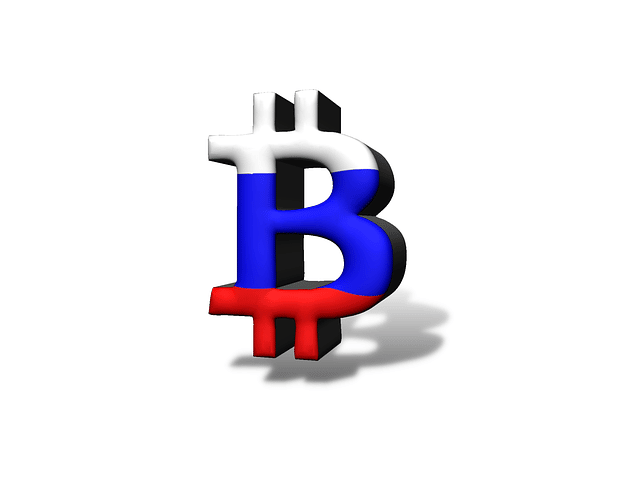
Cryptocurrency Cross-border Payments are Imminent in Russia; Central Bank and Ministry of Finance Agrees
- The Kremlin understands very well that Bitcoin among most cryptocurrencies is decentralized with no central body to manage it.
- Following the increased talks of cryptocurrency adoption in Russia, European countries have pushed exchanges to report on possible sanctions breaches.
Sanctions from the west have pushed the Kremlin further toward cryptocurrency adoption. According to Russia’s Deputy Finance Minister, Alexei Moiseev, the country cannot move forward without legally adopting cryptocurrencies. Moiseev added that the country needs to restructure its regulatory framework to fit the evolving cryptocurrency market.
The situation between Russia and the western countries has escalated after the Kremlin indefinitely stopped the flow of natural gas to Europe via Nord Stream 1. Consequently, natural gas prices in Europe surged by around 36 percent on Monday.
As such, the country is expecting, perhaps, tougher sanctions from European ally countries including the United States and Canada among others. Nevertheless, Putin continues to show confidence in his military and ability to navigate the sanctions.
Remember the country was shut off from the global payment platform SWIFT a few weeks after invading Ukraine. Now, the country is looking into Bitcoin, and Tether among other cryptocurrencies to support its financial system.
Russia: Bitcoin is for All
The Kremlin understands very well that Bitcoin among most cryptocurrencies is decentralized with no central body to manage it. As such, Russia intends to first regulate the use of cryptocurrency and the underlying technology to avoid it being used for money laundering among other illicit activities.
“Now people open crypto wallets outside the Russian Federation. It is necessary that this can be done in Russia, that this is done by entities supervised by the Central Bank, which are required to comply with the requirements of anti-money laundering legislation, and first of all, of course, to know their client,” Moiseev said.
Following the increased talks of cryptocurrency adoption in Russia, European countries have pushed exchanges to report on possible sanctions breaches.
A UK Treasury spokesperson said: “It is vital to address the risk of crypto assets being used to breach or circumvent financial sanctions. These new requirements will cover firms that either record holdings of, or enable the transfer of crypto assets and are therefore most likely to hold relevant information.”
Cryptocurrency exchanges are left torn between who to serve best. Remember, there are innocent people in Russia who have adopted cryptocurrencies and have nothing to do with the ongoing war.
However, due to geographical differences, most retail investors are left out of cryptocurrency investments. Nevertheless, most Russians still have access to various cryptocurrency exchanges including home-based firms.
Furthermore, no one can stop a Bitcoin transaction from a funded wallet based on geopolitical differences. Nevertheless, it is key to remember, ‘not your keys not your funds’. Hence giving exchanges immense powers over users’ funds at certain points of the transaction.
Side Notes
As countries adopt crypto assets over geopolitical issues, the cryptocurrency market continues to grow immensely. For instance, El Salvador adopted Bitcoin as legal tender to improve its poor economic situation. Notably, El Salvador has recorded major success in its tourism sector, fueled by the Bitcoin adoption.
Countries around the world are pushing to create their central bank digital currency (CBDC). Meanwhile, the total cryptocurrency market capitalization is around $1 trillion , with Bitcoin exchanging hands around $19,800 as of publication time.







